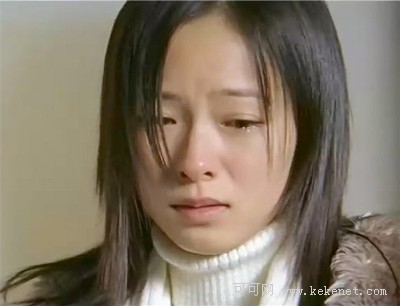
‘People at all levels of management had cried at work, dispelling the notion it’s career suicide,’ says Anne. Another surprise was that men were more sympathetic to the idea of crying at work than women.
作家Anne Kreamer說道:“不管在職場中處于任何管理階層,不管是高層人士,還是草根級別,人們不免都會在工作中惆悵甚至為此哭泣。此外,男人似乎會用憐憫之情來同情在工作中哭泣的女同事,給予她們更多的幫助。”
Psychology researcher Yasmine Yaghmour carried out a similar but smaller study with Professor Gail Kinman at the University of Bedford in 2008. They found women who cried judged themselves far more harshly than they judged others who became outwardly upset. ‘There is still a stigmatised view of crying at work. Women are concerned they will be perceived as weak,’ explains Yasmine.The emotional fall-out from tears in the office — guilt, embarrassment and shame — can often cause a greater knock-on effect than the tears themselves.
心理學家研究員Yasmine Yaghmour在2008年與教授Gail Kinman合作研究后發現,在工作場合經常扮演“林妹妹”的女職工往往對自己的要求更加嚴格,由于對自己要求過于苛刻所以才經常在同事面前落淚。以往來說,在工作中哭泣都會被標上“恥辱”“不專業”的標簽,而為達不成工作任務而落淚往往被視作懦弱的表現。而如今專家們經過調查后覺得事實不完全如此,他們認為能夠有膽在辦公室宣泄自己的情緒的人相反“心理素質”更高,在工作中比起同事會取得更大的成就。













